Research enterprise reaches new grant, award heights
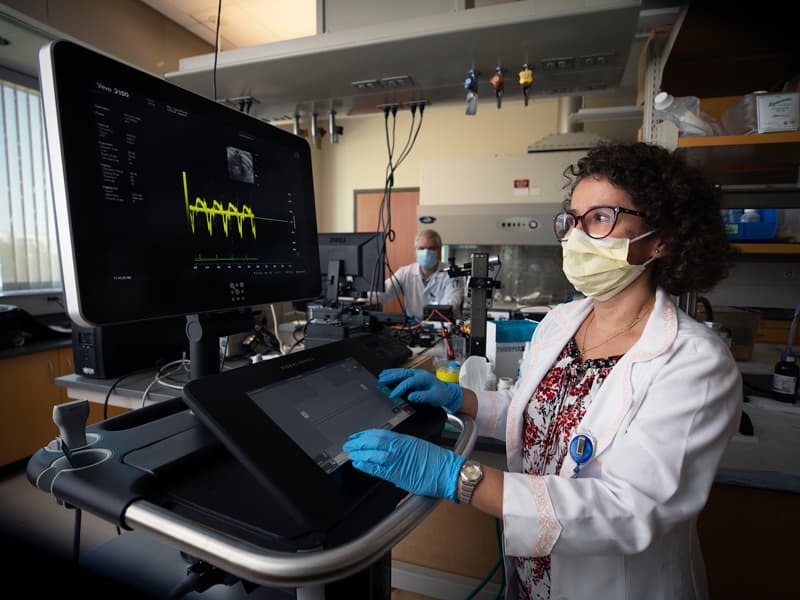
The University of Mississippi Medical Center had a near-record year for research funding in 2020, despite the financial challenges related to the COVID-19 pandemic.
The last fiscal year, which spanned July 1, 2019 to June 30, 2020, included 347 extramural awards totaling $82,340,623.
Dr. Richard Summers, associate vice chancellor for research, says the only prior year where UMMC received more funding was 2011. However, 2020’s 347 awards is the highest the Medical Center has ever received.
The majority of these funds go towards research projects at the Medical Center, ranging from HIV in aging populations to the effects of space radiation. They include continuing funding for marquee projects like the Jackson Heart Study, as well as small grants that support new lines of inquiry and doctoral student dissertation projects.
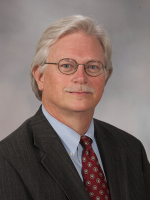
“We do cherish the big grants we received, but if we really want to develop a robust research infrastructure, we need grants that support individual scientists,” Summers said. “More individual grants means a greater matter of diversity in subject matter.”
Dr. Jussara do Carmo, associate professor of physiology and biophysics, received an R01 grant from the National Institutes of Health to study the long-term consequences of parental obesity in their offspring’s heart, kidney and metabolic health.
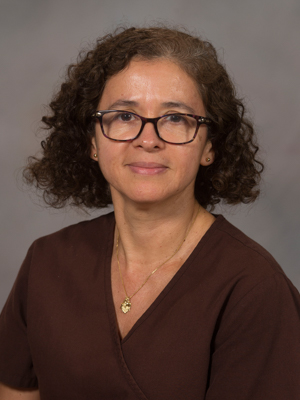
“We are seeing higher rates of obesity in women and men of reproductive age, and we want to understand how that affects their offspring, the next generation,” do Carmo said.
For example, offspring that eat a healthier diet than their high-fat-diet-fed parents are more likely to be obese or have hypertension than the offspring whose parents do not. In their current project, do Carmo and her research team are studying how parental obesity affects the production of a protein that may contribute to kidney injury and high blood pressure in their offspring. Ultimately, this work could help researchers develop therapies that limit the risk of metabolic diseases in these offspring.
“These are time-consuming experiments that require a lot care, and you need to have a large research group to make these experiments work,” said do Carmo, who works with other UMMC faculty, fellows and research assistants on the projects. That’s why research funding from the NIH and other organizations is so critical for scientists: it allows laboratories to not only buy supplies for experiments, but also pay wages for those conducting that work.
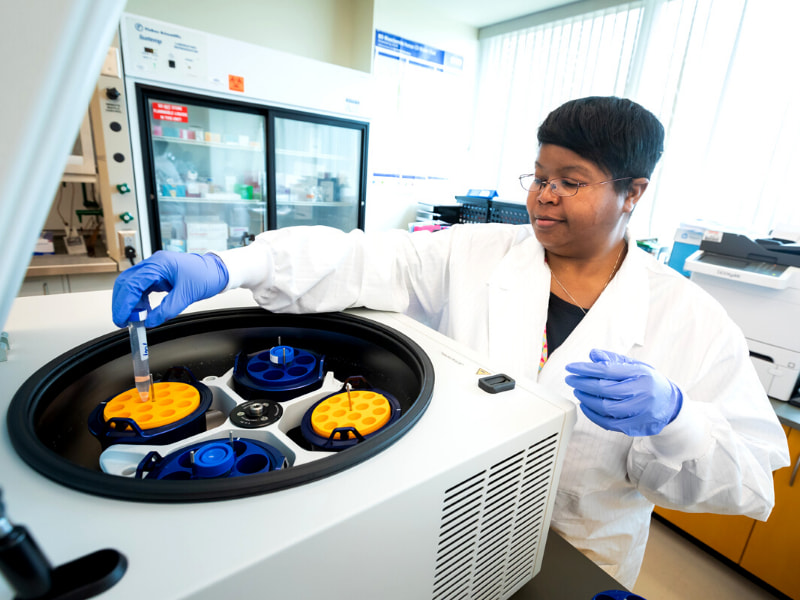
Outside of the basic science laboratories, UMMC also activated 100 clinical trials, a 35 percent increase from the previous year. Many of are part of industry-sponsored research agreements, where the funds come from companies that are testing new drugs or devices. There is also more funding coming from the Centers for Disease Control and Prevention and the Department of Health and Human Services various kinds of human health research.
“We always want to support our basic scientists, but we also want to invest in clinical research that has a more immediate impact on patients,” Summers said.
Dr. James Galbraith, associate professor of emergency medicine, is leading the UMMC portion of an NIH-funded study to determine the best ways to identify who should be tested for hepatitis C infection in emergency department settings.
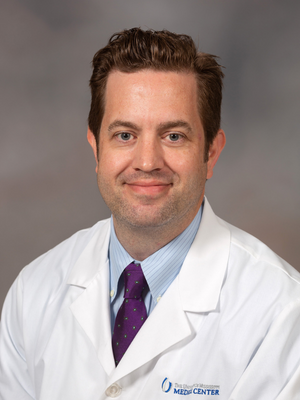
“The question is whether we offer testing to patients based on select self-reported risk factors or whether we offer hepatitis C testing to everyone – similar to current HIV testing recommendations,” he said.
Hepatitis C is curable with as little as an eight-week course of medication, but about 40 percent of the more than 2 million Americans with the infection aren’t aware they have it.
“There are no new scientific tools or advances needed to eliminate hepatitis C in our communities,” he said. “By raising infection awareness through testing, we reduce one of the significant healthcare barriers to treatment.”
By the end of December 2019, UMMC had received about $50 million in extramural funding, on pace for a $100 million fiscal year. Summers said COVID-19 “may have disrupted” some of the funding streams they were anticipating for 2020 and pushed investigators and clinicians to shift gears towards COVID-19 projects and priorities.
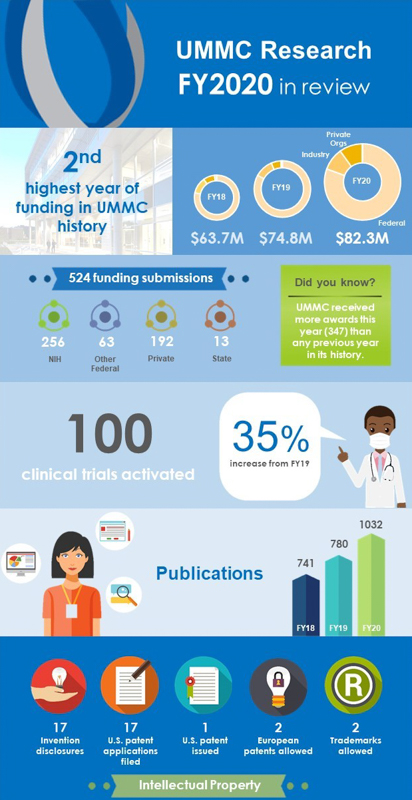
UMMC received several extramural awards to support health care operations during the pandemic, including a $1 million award from the Federal Communications Commission the Center for Telehealth. The Medical Center also activated at least 14 COVID-19 clinical studies and trials during FY20 and has listed at least five more for the current fiscal year.
Galbraith, who serves as research director for the Department of Emergency Medicine, said he and his colleagues have been testing treatments for COVID-19, studying the risk of acquiring the virus in the health care setting, and validating a commercial rapid antigen test that recently received an Emergency Use Authorization from the Food and Drug Administration.
“We are very proud to facilitate the release of this much needed rapid, point-of-care COVID-19 test,” he said.
Everyone from medical students volunteers to research staff to residents have been involved in these clinical research projects, he added, whether it be reviewing charts, collecting blood samples, or facilitating conversations between potential research volunteers and family member who cannot stay with them due to the current isolation protocols.
Currently, there’s no sign of the projects slowing down.
“We know we will have more COVID-19-related funding coming in the next fiscal year,” Summers said.
UMMC’s banner year for funding also included high numbers of publications. UMMC researchers authored more than 1000 peer-reviewed papers during the year, up from the typical 700-800 occurring in recent years. In addition, the Intellectual Property and Commercialization Office reported 17 invention disclosures, 17 patent applications, and one U.S. patent.
“We are continuing to see high productivity,” Summers said, which helps drive further research funding.
“You go into research to explore ideas, make discoveries about the world and create your own hypotheses,” Summers said. “Our goal at UMMC is to build a deep research culture where people are excited to work.”


